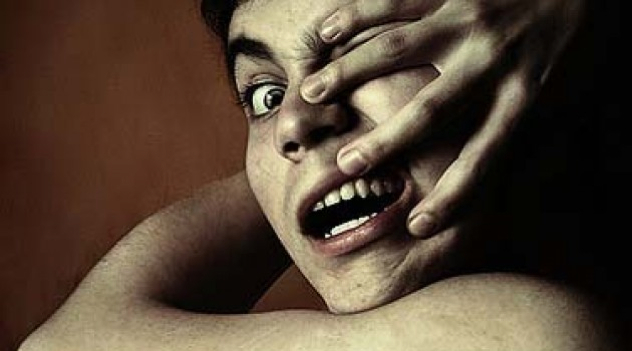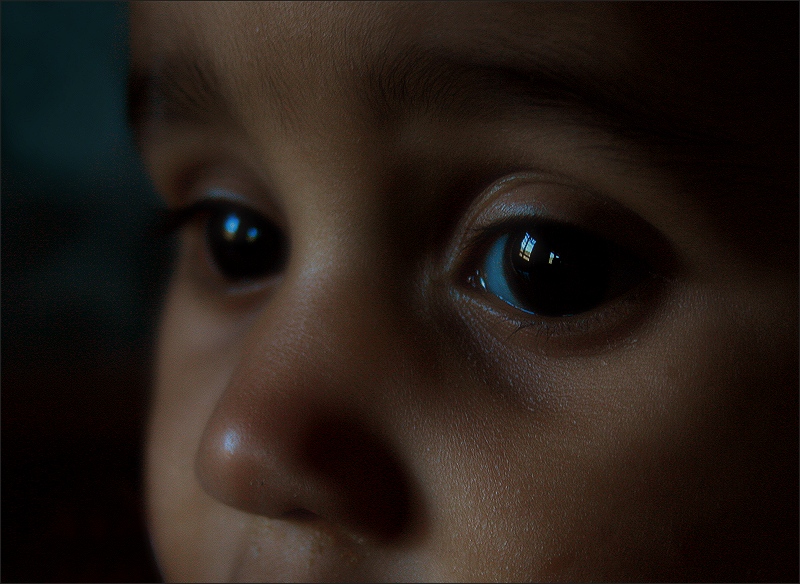A team of researchers from The University of Western Australia have found that participating in recreational arts shouldn’t just be for the entertainment, but rather as a therapy; just for two hours a week, arts can improve your mental wellbeing.
According to the researchers, the study is to be of value to – health professionals, who are interested in adopting arts as a method for improving mental health; health promoters who see to the development of different policies and practices; and to members of the general public to help in improving their own well-being.
A random sample of 702 Western Australian adults aged 18+ years were assembled for the research, of which data base on interest in the arts for entertainment, enjoyment, or a hobby were gathered from them. The 15 minutes survey comprised questions about their interest in arts, their mental wellbeing, their demographics such as sex, age, education level, and income.
[hr gap=”2″]
Life After Death! Interesting Scientific Approaches
[hr gap=”2″]
The participants were made to participate in arts such as painting, reading, photography, music, theatre, sculpture, fashion, and craft. They were also questioned if they had done that within the last 12 months; and how they felt, especially with regard to their mental health.
The researchers found out that those who had engaged in the arts for more than 100 hours within the last 12 months, reported better mental well-being than those with lower level of participation.
In conclusion, Dr Christina Davies, one of the study’s co-authors says people need a range of easy enjoyable options they can use to stay well.
“Depending on a person’s interests, the arts can provide a range of health enhancing opportunities, activities and events. Arts engagement increases happiness, confidence, self-esteem and reduces stress and social isolation,” Davies added.

